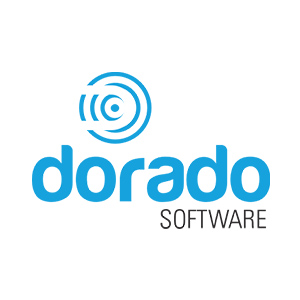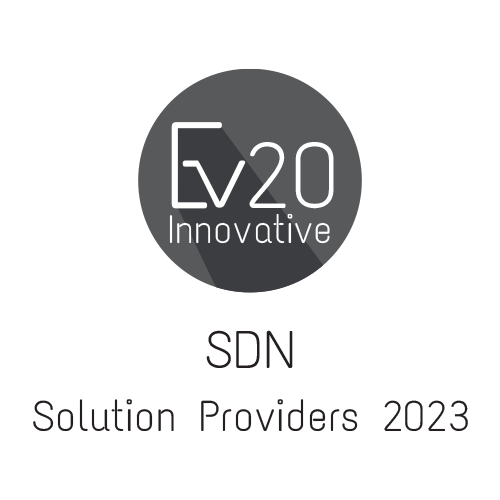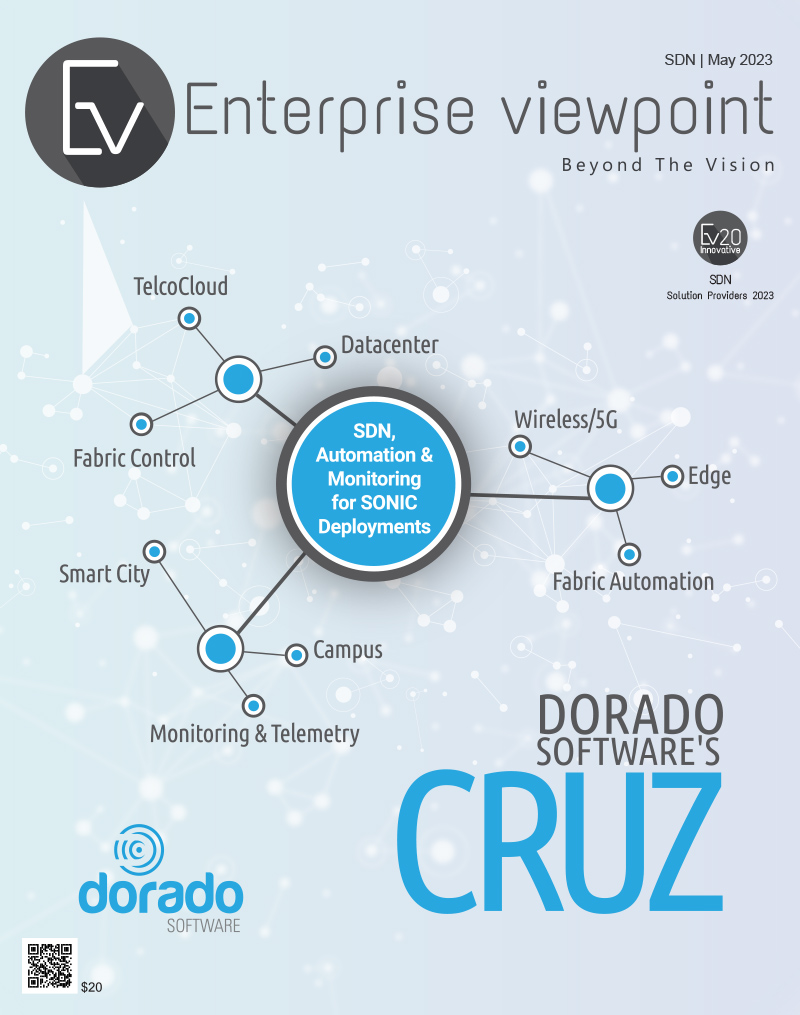
As technology rapidly advances, networks have become increasingly complex—and increasingly indispensable to businesses in a digital-first world. It’s why so many businesses across industries are shifting to the cloud and implementing network automation and orchestration for agility, flexibility, and efficiency.
Yet network automation in a post-deployment environment, on top of legacy, embedded infrastructure, presents significant challenges. Legacy, embedded infrastructure was not built for advanced, software-defined automation. In addition, infrastructure refreshes introduce complexity, from defining architecture and managing upgrades in technology to pushing them out to thousands of devices and endpoints across multiple locations. And, in an always-on world, downtime isn’t an option, as time is money. But neither is the status quo, as the demands of consumers, data, and security compel businesses toward infrastructure refreshes for more resilient networks.
Dorado is driving change in the networking marketplace through innovation in the SONiC network operating system world as an expert in deploying and operating SONiC networks and network fabrics. Short for Software for Open Network in the Cloud, SONiC is an open-source network operating system based on Linux that runs on switches from multiple vendors and application-specific integrated circuits (ASICs). It offers a full suite of functionality, enabling flexibility to create business-specific network solutions. According to Gartner, SONiC implementation is on the rise—and as it ascends, Dorado is focused on delivering the best-of-breed products for SONiC use cases for automated design, deployment, and day2 operations. When a SONiC network infrastructure coexists with legacy and adjacent networking technologies, Dorado’s SONiC+ Solutions will provide E2E support by integrating those technologies and vendors into the solution.
Robust and powerful automation
Dorado’s SONiC products include a full suite of network fabric controllers, orchestration/automation, compliance, network security, and monitoring products for DCN/cloud networking, edge, and campus solutions to help customers deploy SONiC-based infrastructures. “With Cruz, the portfolio brand, customers get the leading-edge cloud networking technology with a robust portfolio of off-the-shelf capabilities, deeply integrated into SONiC for all its use cases. We have ‘architected in’ automation for design, deployment, and operation—so customers can refresh the environment in one go,” Sebring explained. “Our hosted cloud version with network automation and zero-touch provisioning makes possible the shift to a new SONiC architecture with a refresh at scale, using automation in a way that facilitates the upgrades properly.”
Sebring spoke about what makes the combination of the Cruz portfolio and SONiC a game changer. “With Cruz, this is the first operating system on the market that has, on day one, a robust, scalable portfolio of controllers, automation, orchestration, and operational systems. We have a broad, feature-rich portfolio and integrated it on a deep level with the SONiC operating system. In addition, because Cruz is a carrier-grade platform, we have an edge in addressing enterprise needs for scale and resiliency. That’s what makes us different.”
Automation can come in many forms and can enhance the manageability of network fabrics and endpoints in various ways—all shielding complexity while lowering/maintaining operational costs as the infrastructure scales.
A significant amount of automation can be operator, or engineer controlled. Ranging from bulk operations for access policies for endpoints, backing up the entire fabric configuration state for auditing and disaster recovery, one-click automation for collection of data for pooling and allocation management, lifecycle operations; automated promotion of single cloud network to multi-cloud network; automation of workload to workload performance testing/validation, etc. All of these capabilities enable operators to perform very complex tasks that are error-prone if done manually by simply selecting and clicking on Cruz’s intent-based UI.
More enhanced, integrated automation comes by integrating other technologies into the solution. Via integration, other components tied to the network can automatically change the network or access policies based on the component changes. For example, automation of network changes based on changes in workloads, virtualized or containerized; automation of network changes based on overlay modifications; by integrating platforms such as VMware, Openshift, or other Kubernetes offerings, changes can happen automatically without intervention. Cruz also offers an intervention step to the solution for organizations that want to approve these flow thru capabilities. By adding these components, Cruz’s SONiC+ solutions take flight.
Sebring pointed to use cases with fabric and lifecycle management to illustrate the difference. Managing, monitoring, and configuring numerous switches in any environment can be challenging; ideally, enterprises would update the fabric without needing to touch various elements in the fabric, CLI syntax, or order of operations. With Cruz Fabric Controller, enterprises can deploy and update fabrics, manage, monitor, and maintain fabrics, and automate operations across the entire fabric topology with a single console management product. “Whether it’s data center, edge campus, or remote sites, network automation is designed from the beginning,” Sebring said.
Maintaining software releases across remote sites is complicated, costly, and error-prone—yet entirely necessary. Seamlessly integrated with CruzOC, Cruz Software Lifecycle Orchestrator enables configuration, monitoring, and management of all devices from a single system, reducing complexity. The integration offers Day 2 management and centralized control for data center and network operations for multiple vendors and technologies.
Building on a strong history
Dorado Software has been a pioneer in delivering cutting-edge solutions to its clientele for 25 years. “Since the beginning, we have helped customers to absorb new technologies from vendors into their IT infrastructures. It’s helped us gain a unique insight into the challenges end users face. Now, with open source SONiC, we have applied all that we have learned to give customers a feature-rich, superior portfolio with a leading-edge, community-based NOS,” explained Sebring.
Dorado recently joined the Linux Foundation SONiC Fund to collaborate with the community to drive innovation and build open-source networking solutions in the cloud. “Analytics, which we support today, and integration will play a larger part in the future as this will eventually drive a significant amount of implicit automation, leading to a more autonomous networking environment. We will continue to provide solutions worldwide and dive deeper and broader into use cases involving SONiC while combining those with other adjacent technologies that make up hybrid solutions. This journey will undoubtedly take us to new frontiers,” Sebring said.
He continued, “Our motto is ‘products that work and people you can trust.’ We want our customers to know that we have extensive experience with technologies in the early stages of the adoption cycle. We understand a lot about what must be done to enable those technologies to fit into their architectures and operational environments—and meet the challenges head-on.”




